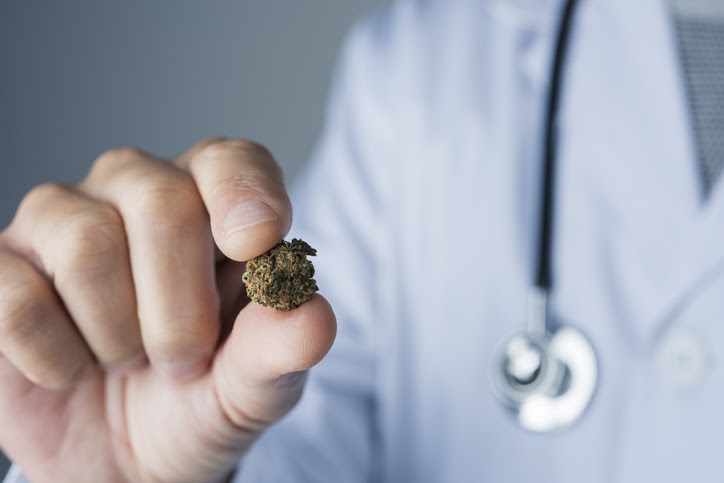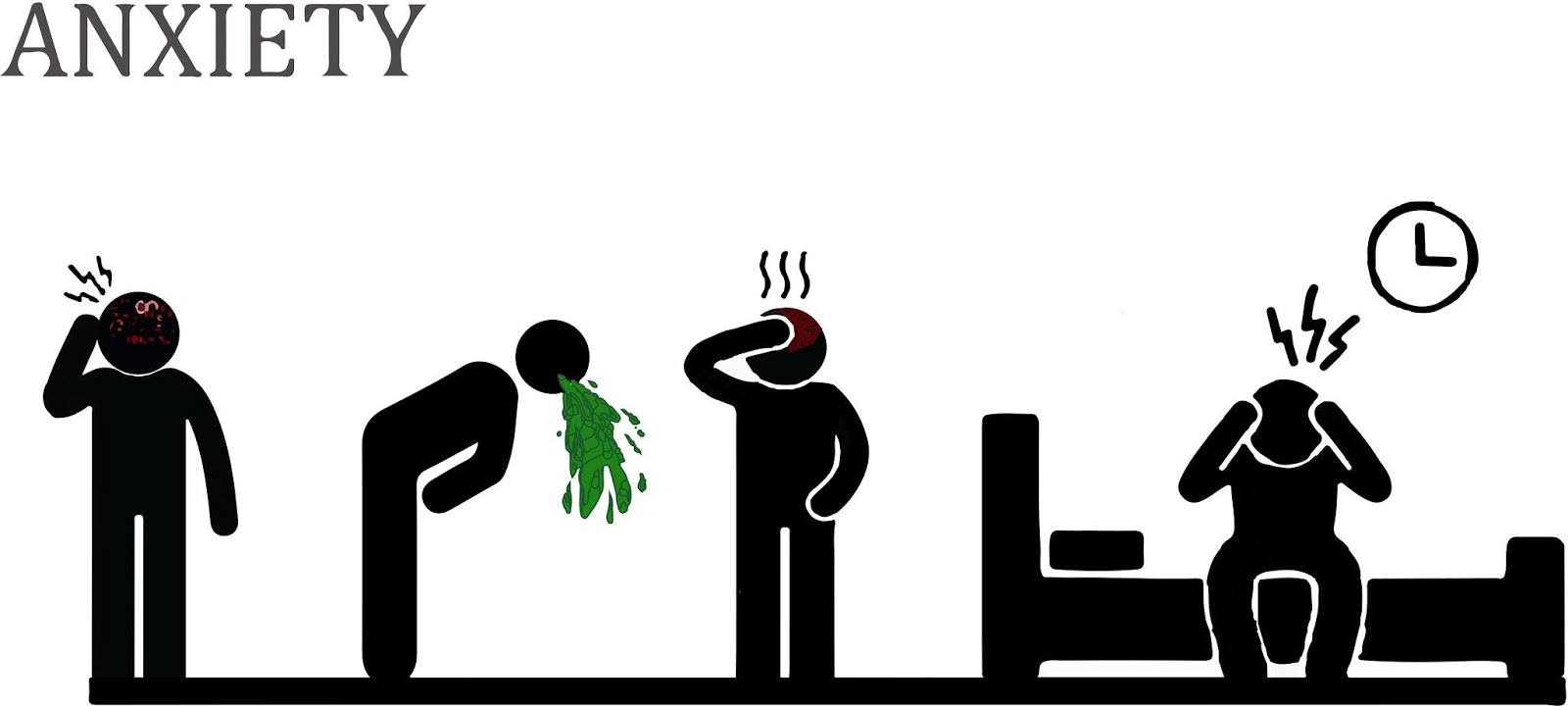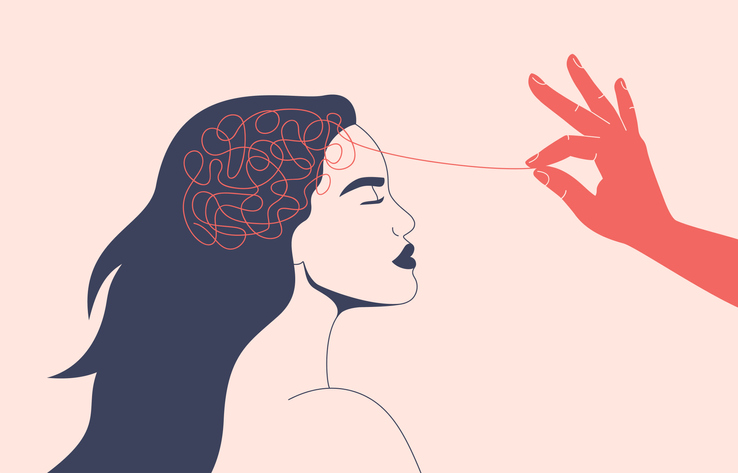Klonopin is a prescription medication used to help manage seizures, panic disorders, and certain types of anxiety. It belongs to a class of medications called benzodiazepines. These drugs slow activity in the brain and nervous system to produce calming effects.
Some individuals also use cannabis to manage anxiety or other symptoms, though its effects can vary. If you’ve been prescribed Klonopin, you may be wondering whether it’s safe to use cannabis at the same time. While research on this combination is limited, there are important risks to be aware of. Ultimately, a doctor can help you decide what’s safest for your situation.
What is Klonopin?

Klonopin is recommended for a variety of conditions. In 2022, there were estimated to be over 11.7 million prescriptions for Klonopin in the US.
It interacts with GABA-A receptors in the brain, decreasing neuron activation and producing a sedative effect.
Klonopin (and Rivotril) is a brand name for the generic drug clonazepam, a benzodiazepine regularly used to treat epilepsy, anxiety, and panic attacks. It’s important to note that Klonopin can be addictive, and taking too much can result in an overdose. Because of this, Klonopin should only be taken under the direct supervision of a doctor.
Combining Cannabis and Klonopin: What the Latest Research Says

Research on how Klonopin and cannabis interact is limited. However, since both substances affect the central nervous system, combining them may increase the risk of side effects. These might include drowsiness, slowed reaction time, and impaired coordination. Anyone considering this combination should speak with their doctor first.
Some evidence suggests that cannabis may impact how the body processes certain medications. For example, when consumed as an edible, cannabis can interact with liver enzymes. These same enzymes are what help the body metabolize Klonopin. This could slow the breakdown of Klonopin in the body, potentially increasing its side effects.1
Because Klonopin carries a risk of overdose when misused or combined with other substances, it’s generally advised not to take it alongside cannabis.
Are You Considering Using Cannabis and Klonopin?

Combining cannabis with any substance or medication carries its own risks. Cannabis research is still in its earliest stages, and there is a lot that researchers still don't know. That leaves the door open for unexpected interactions with other substances. If you are considering combining cannabis with any other substance or medication, speak to your doctor for proper medical guidance.
Likewise, stopping the use of a prescribed medication can lead to unintended consequences. Many medications take time to build up in the body. Stopping suddenly can cause unpleasant and potentially serious or even fatal side effects. If you'd like to stop using or replace a medication, you need to follow the guidance of your medical provider to make any approved adjustments safely.
References
- Balachandran P, Elsohly M, Hill KP. Cannabidiol Interactions with Medications, Illicit Substances, and Alcohol: a Comprehensive Review. J Gen Intern Med. 2021;36(7):2074-2084. doi:10.1007/s11606-020-06504-8 ↩︎
The information in this article and any included images or charts are for educational purposes only. This information is neither a substitute for, nor does it replace, professional legal advice or medical advice, diagnosis, or treatment. If you have any concerns or questions about laws, regulations, or your health, you should always consult with an attorney, physician or other licensed professional.




